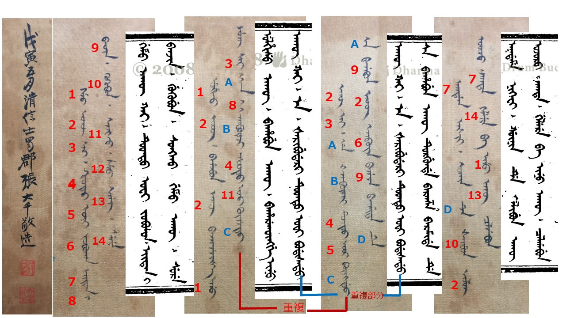Amanda D'Ambrosio, "Mayo Physician Fired Over COVID Book", MedPage Today 6/24/2021:
After publishing a book about his experience on the front lines during the COVID-19 pandemic, a physician was fired from his position at the Mayo Clinic this month, he confirmed to MedPage Today.
Steven Weiss, MD, an internist who practiced at the clinic's Eau Claire, Wisconsin location for 32 years, stated that he was terminated because he identified himself as an employee of the Mayo Clinic in his new book, called Carnage in America: COVID-19, Racial Injustice, and the Demise of Donald Trump.
According to a June 4 termination letter shared with MedPage Today, Mayo Clinic administrators told Weiss, 62, that his actions violated the health system's publishing policy, as he did not submit his manuscript to the institution for review before it was printed.
"I'm still in shock that I was terminated for this," Weiss said in an interview with MedPage Today. "I had no idea that they would claim a right to pre-vet a book before publication."
Read the rest of this entry »




